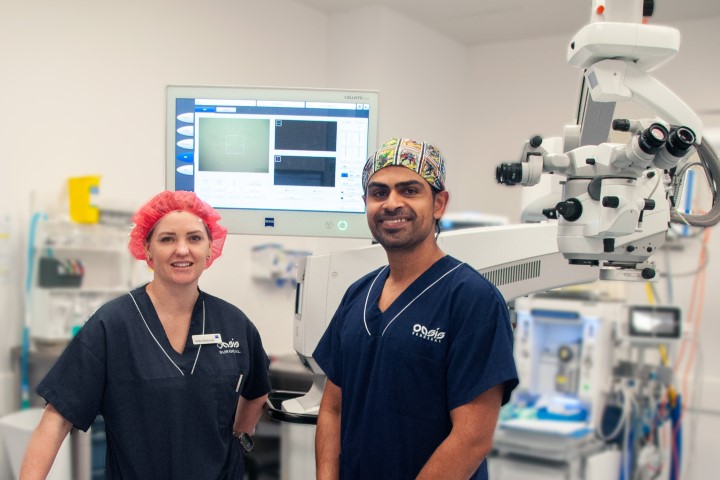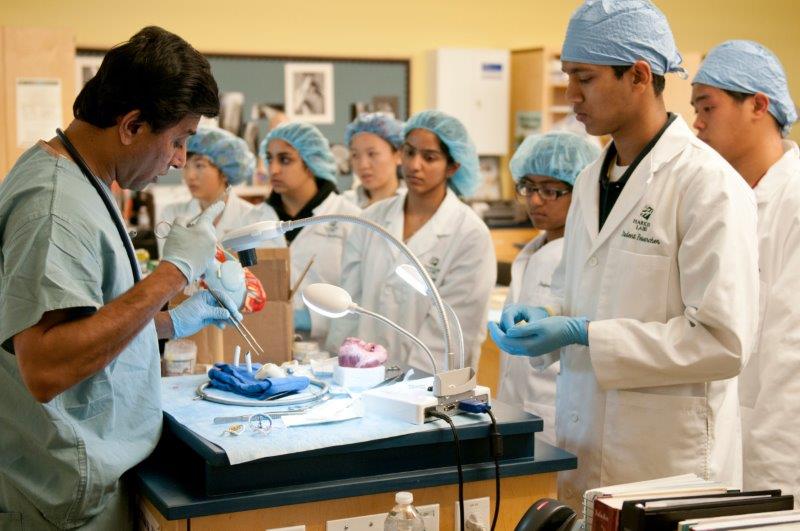Australia funds macular action plan
The Australian government will provide funding for the development of a national action plan to better support patients with macular disease, the leading cause of vision loss among older Australians.
The Macular Disease Foundation Australia (MDMA) will receive $150,000 for the development of a national strategic action plan to provide a streamlined approach to the treatment and management of the disease across Australia. Announcing the funding, Australian Minister for Health Greg Hunt said he also welcomed the release of an MDMA report which shows Australia is a world-class leader in fighting macular disease.
The Journey to See: A Model for Success highlights the ground-breaking work Australia has delivered over the last 10 years in the treatment and management of age-related macular disease, which is the leading cause of blindness and severe vision loss in Australia.
MDMA says the national action plan will seek to develop a strategic direction around the management, prevention and treatment of macular disease that in the future may be incorporated into government policies and budgets. The development of the action plan will be led by MDFA and will provide a blueprint for key priorities and actions to reduce the incidence and impact of macular disease.
Macular Disease Foundation Australia CEO Dee Hopkins sees this as a great step forward in addressing this chronic disease, “Minister Hunt has shown great foresight in acknowledging the growing incidence of macular disease and the impact it is having as a chronic disease in Australia”.
“As our population ages and becomes more at risk of aged-related macular degeneration, and with a rising prevalence of diabetic eye disease in working-aged Australians, the incidence and impact of macular disease will only increase and put additional strain on our healthcare system. The national strategic action plan will help us prepare, prioritise and invest wisely to support the macular disease community,” says Hopkins.



























